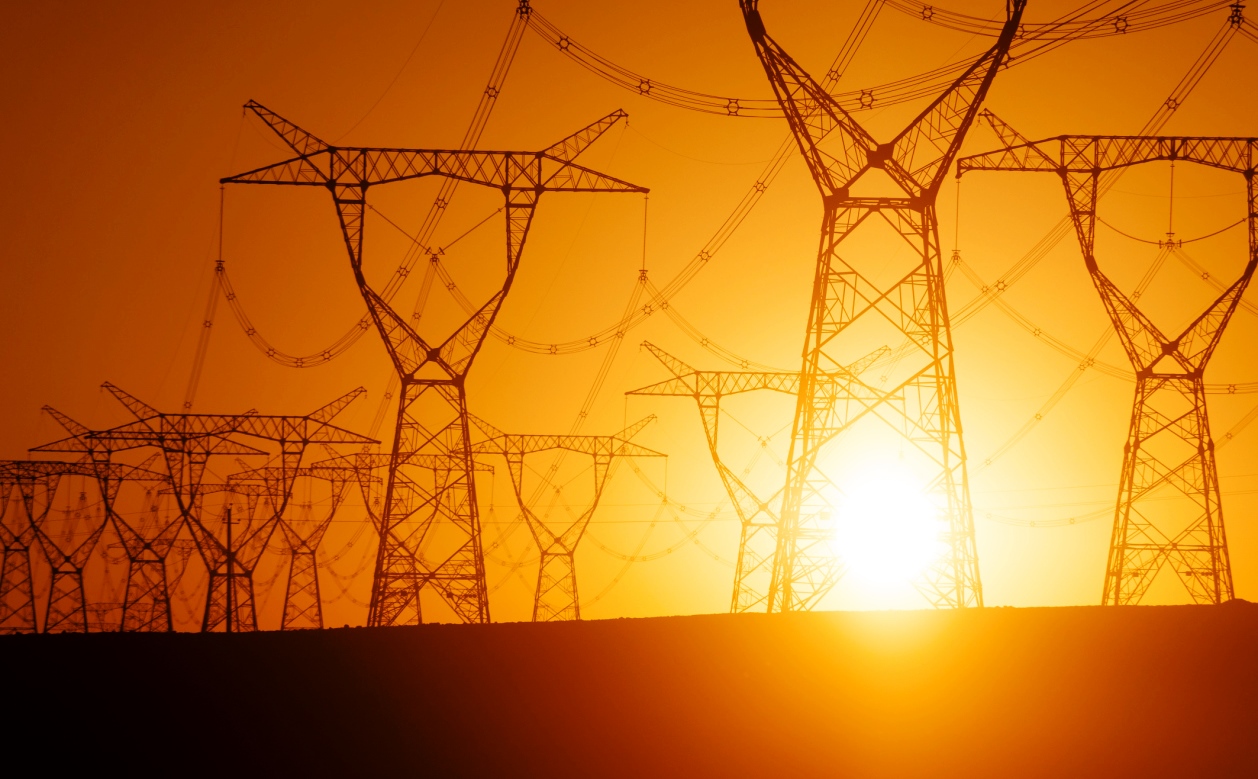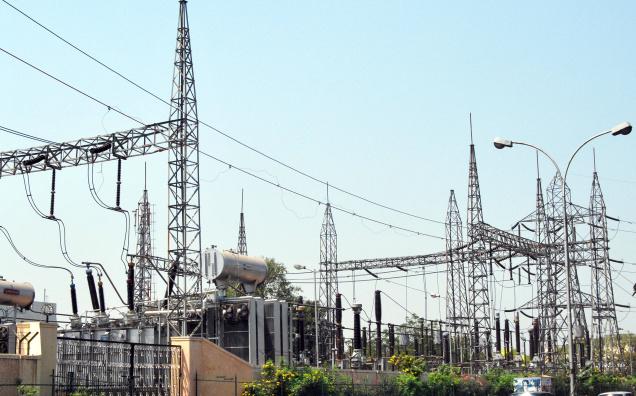After appeals to suspend their proposed strike failed, electricity workers in Nigeria, under the aegis of the National Union of Electricity Employees (NUEE) have shut down the national grid and gone on strike.
TheNewsGuru.com (TNG) reports that the development has thrown the nation into darkness as the electricity workers shut down the national grid around 11.30 am on Wednesday, multiple sources at the Transmission Company of Nigeria (TCN) have confirmed.
Recall that NUEE had on August 15 directed its members to picket offices of TCN nationwide on August 16, after which, embark on strike on August 17 (today).
The General Secretary, NUEE, Mr Joe Ajaero had, in a statement, said the picketing was to protest the directive by the TCN board that all Principal Managers in acting capacity going to Acting General Manager must appear for a promotion interview.
Ajaero said the directive was in contravention of the workers’ conditions of service and career progression paths, and alleged that it was unilaterally done without the relevant stakeholders.
Other issues raised include stigmatisation of staff from the office of the Head of Service of the Federation from working in other areas in the power sector, and non-payment of December 2019 entitlement of ex-PHCN staff.
Earlier, the Managing Director of the TCN, Dr Sule Abdulaziz had, in a letter on Tuesday, following the threat by the workers to embark on the strike to drive home their demands, appealed to the electricity workers to suspend their proposed strike.
Dr Abdulaziz disclosed that the management of TCN had suspended the said proposed interview for those on acting appointment of Assistant General Managers and General Managers while discussion with the board is concluded.
“On the other two issues: circular from the office of Head of Service on stigmatisation of the defunct PHCN staff; payment of entitlement of ex-PHCN staff by market operator, the management has contacted the Honourable Minister of Power for his further action.
“In view of this development, we appeal to your union to stay action; please accept the assurances of our highest regards,” Abdulaziz stated.
Also, the Minister of State for Power, Mr Goddy Jedy-Agba, in a letter dated August 15, 2022 to the union, said that the ministry was committed to proffering solutions that would be acceptable to all parties concerned.
“May we appeal to your great union to allow us two weeks from the date of this letter to address the issues and come up with proposals toward acceptable resolution of all issues,“ he said.








